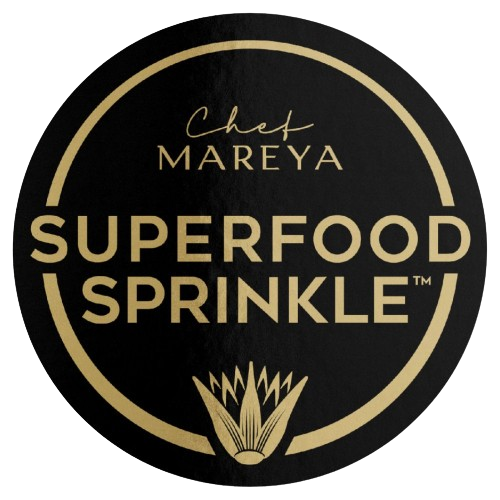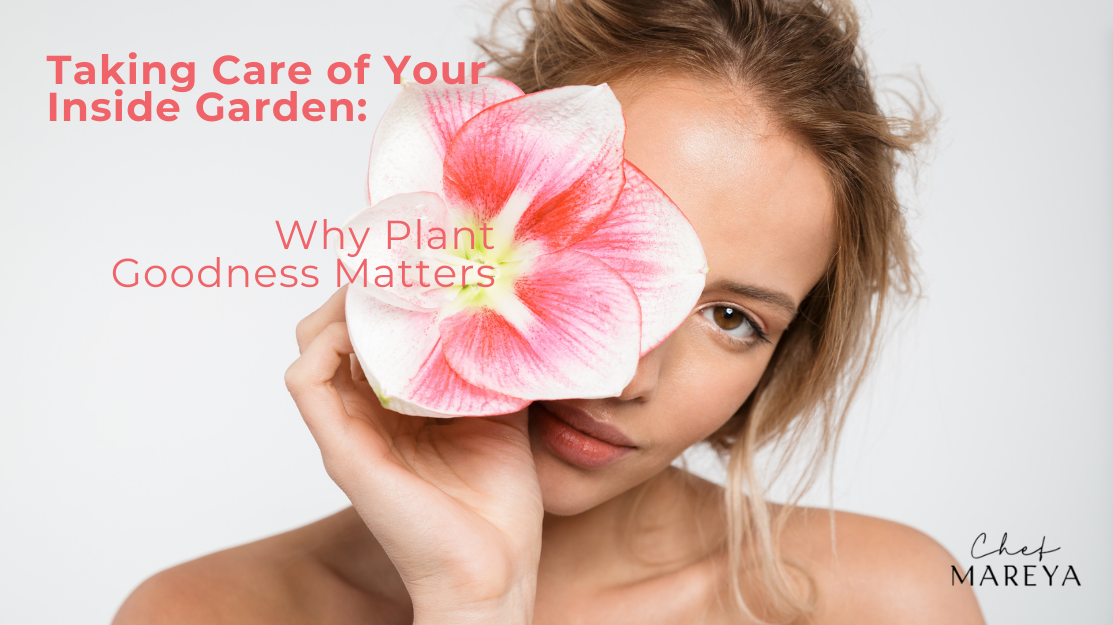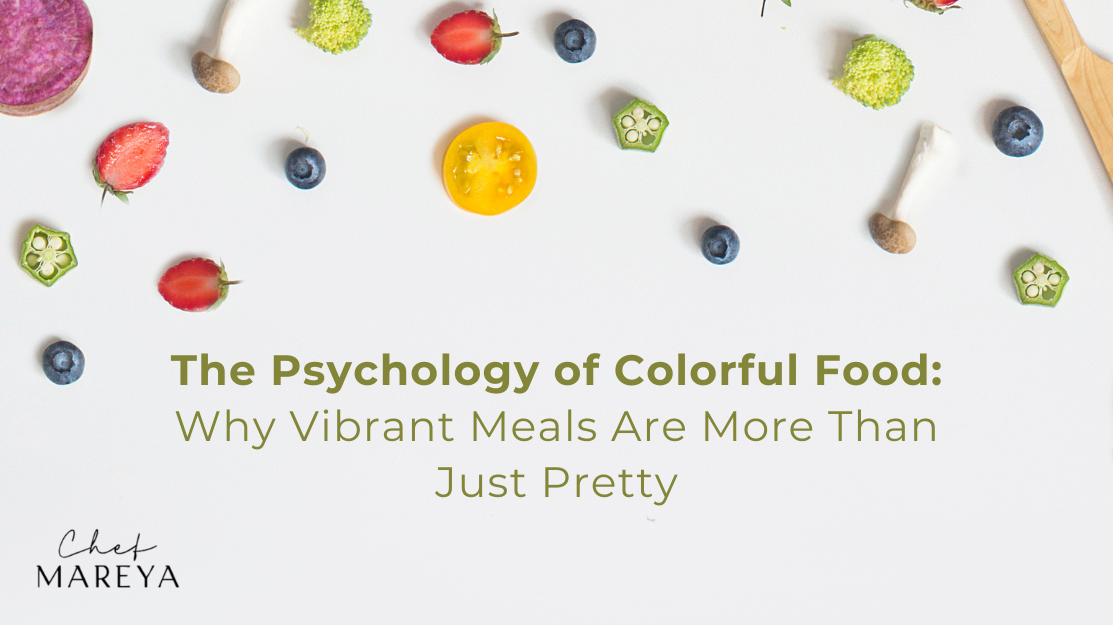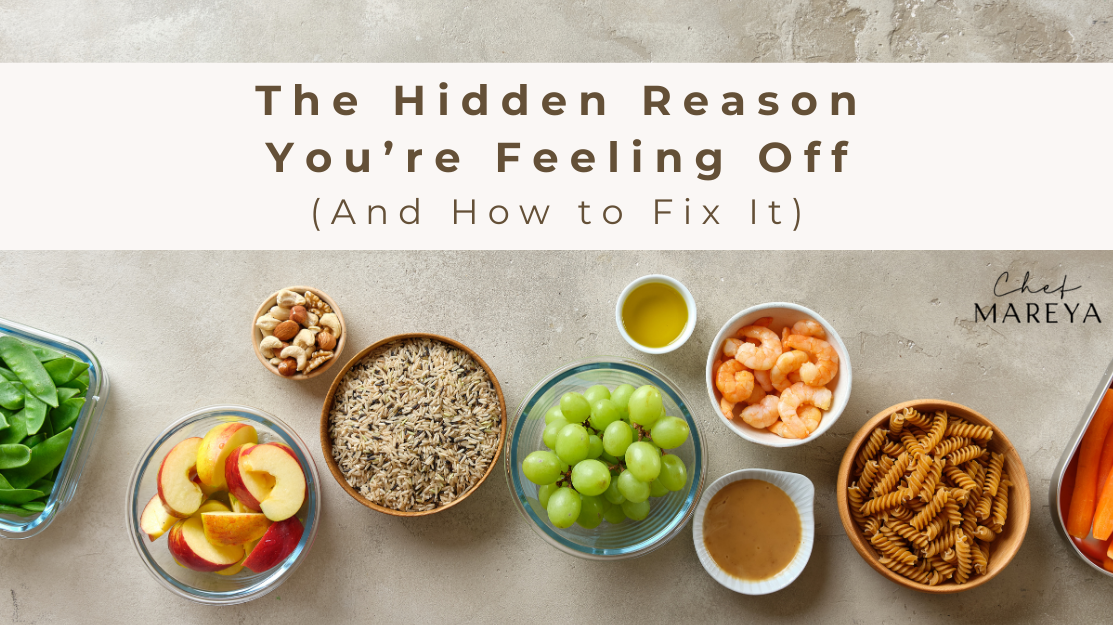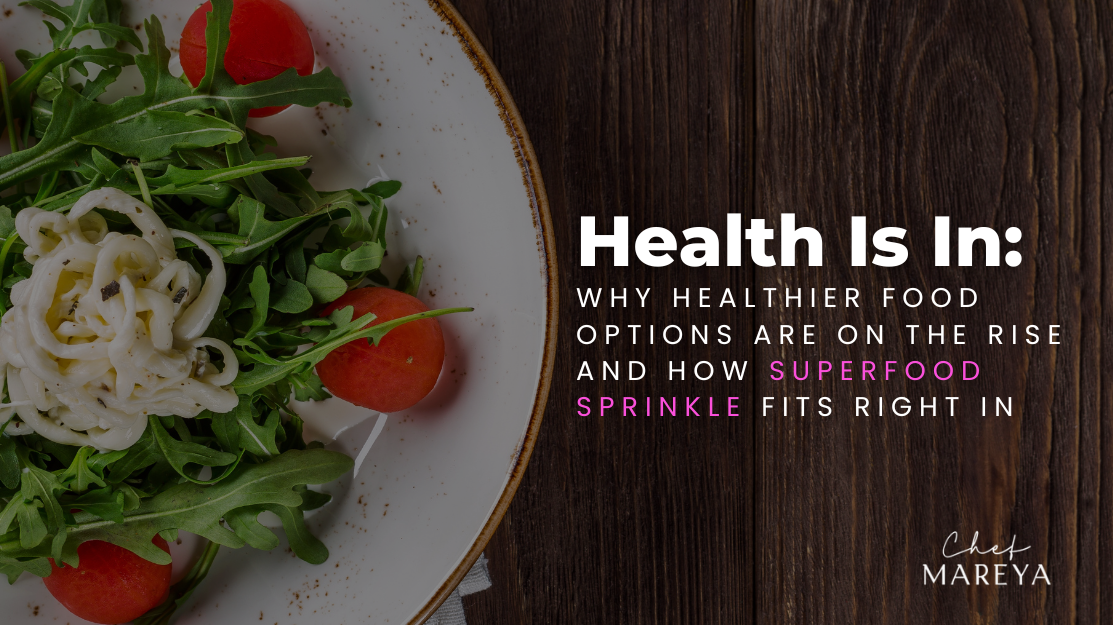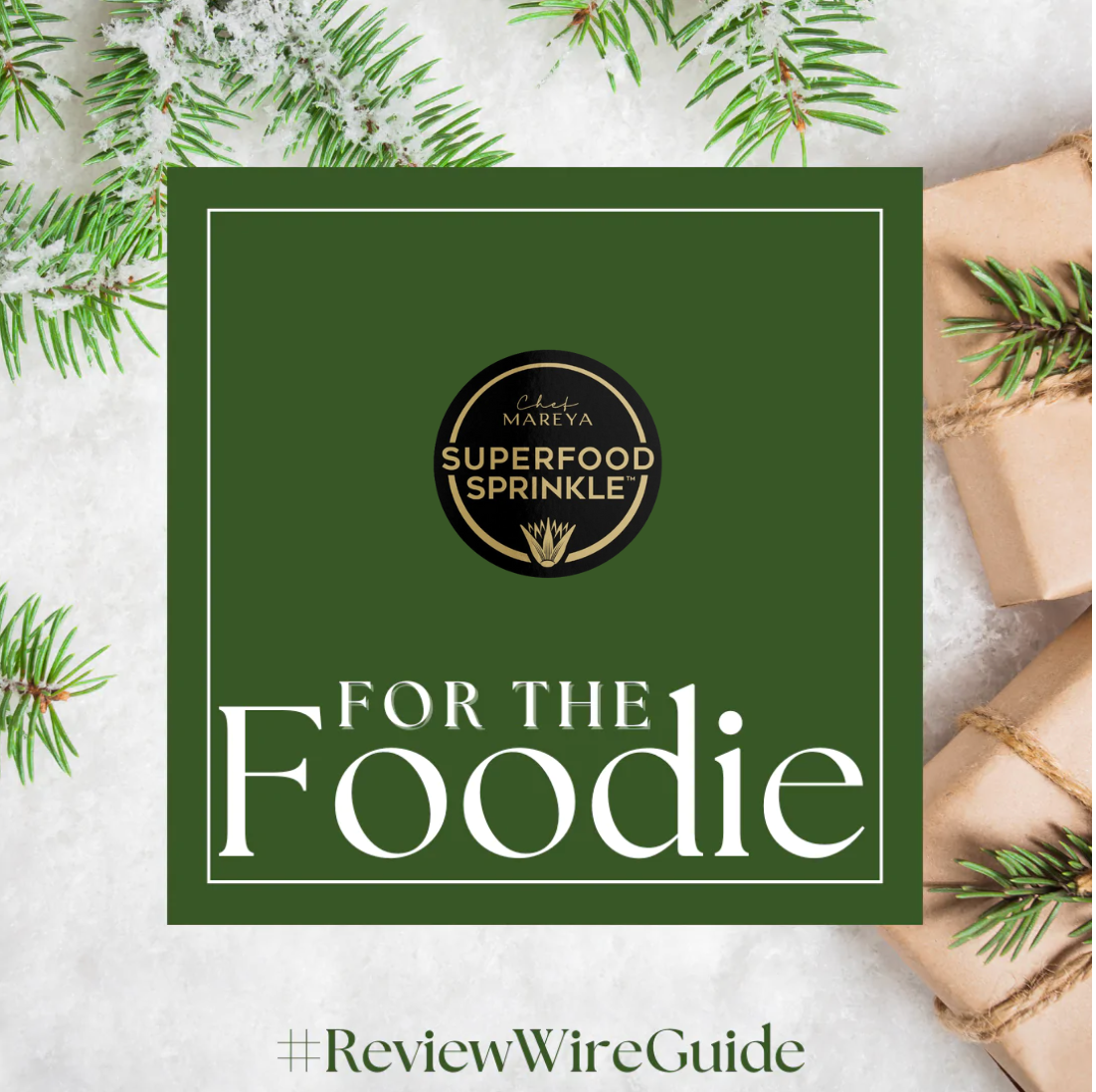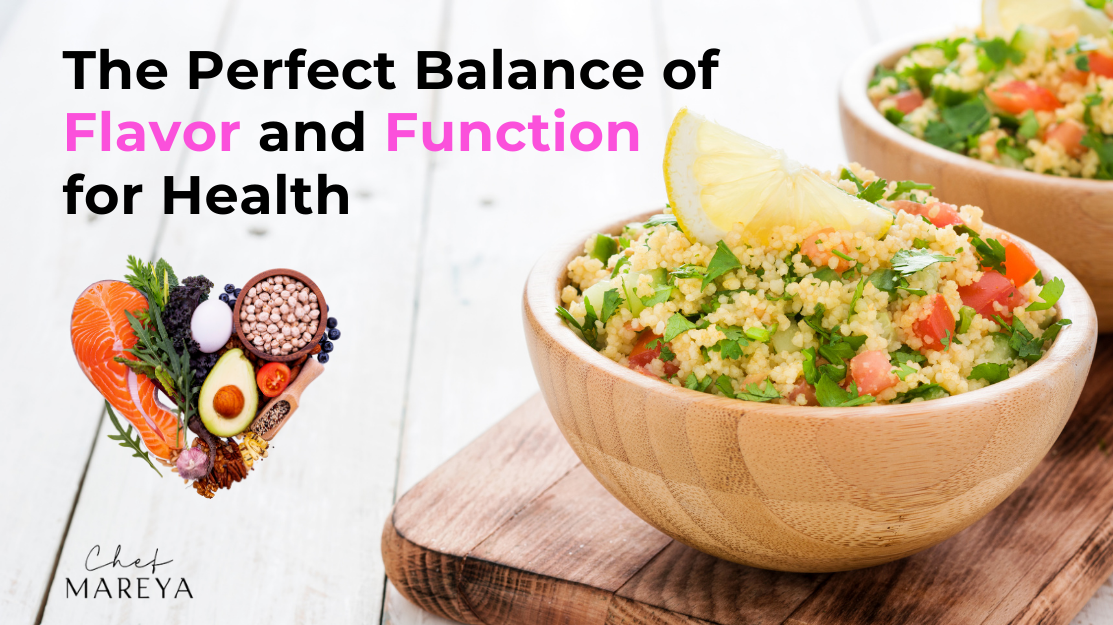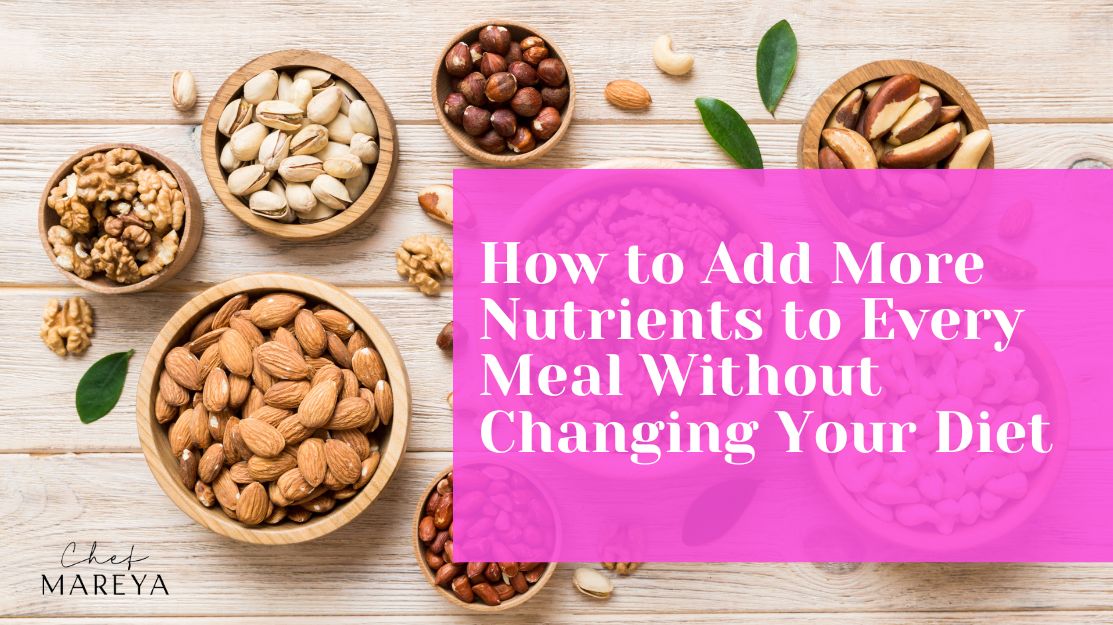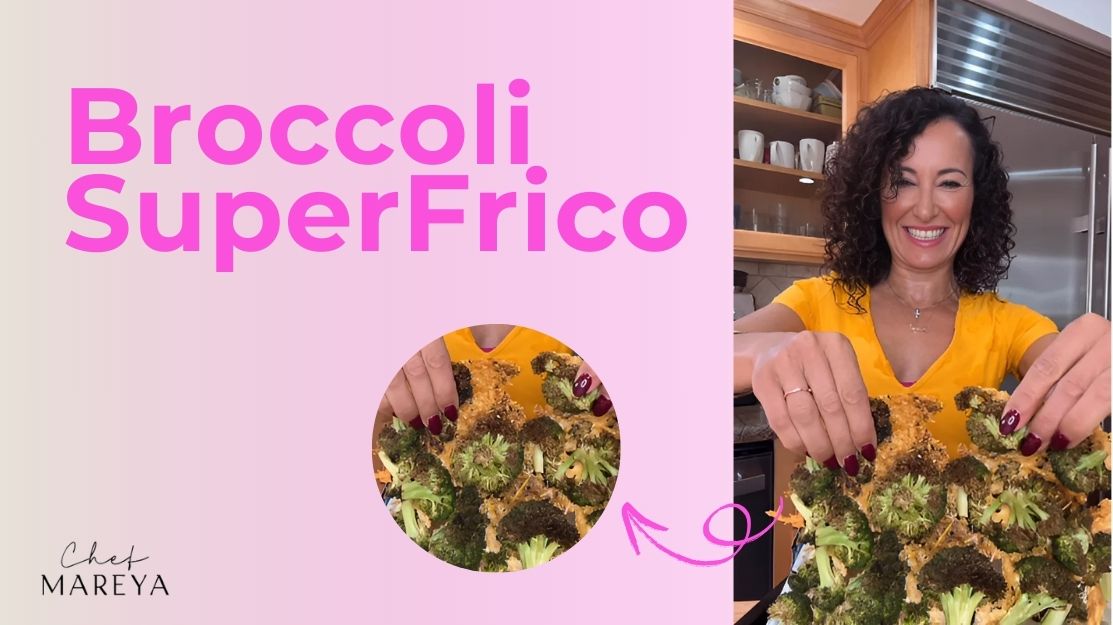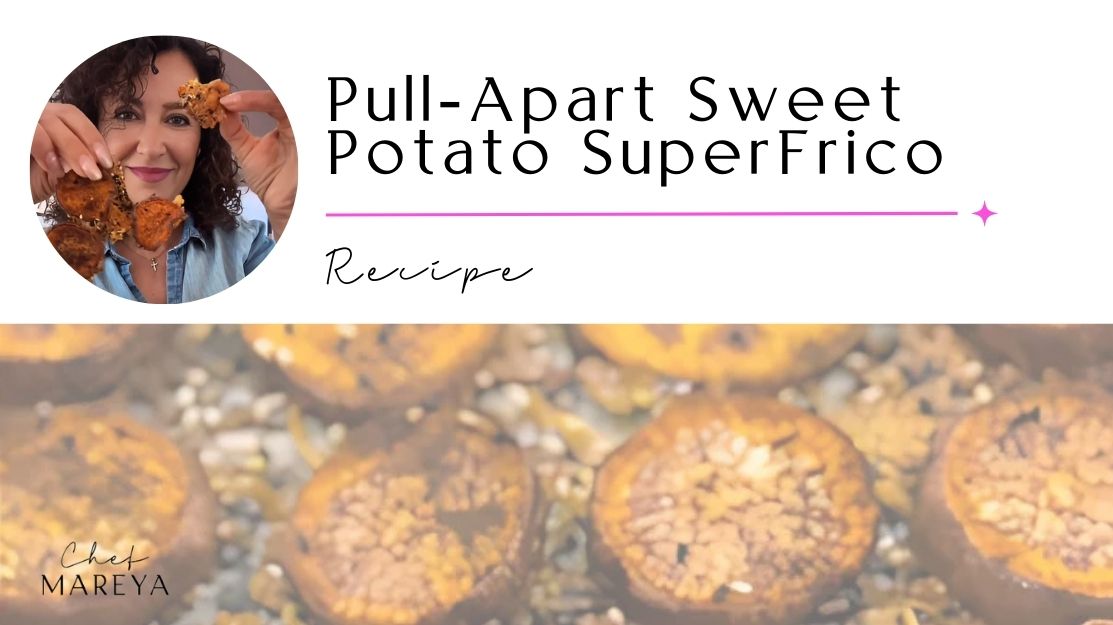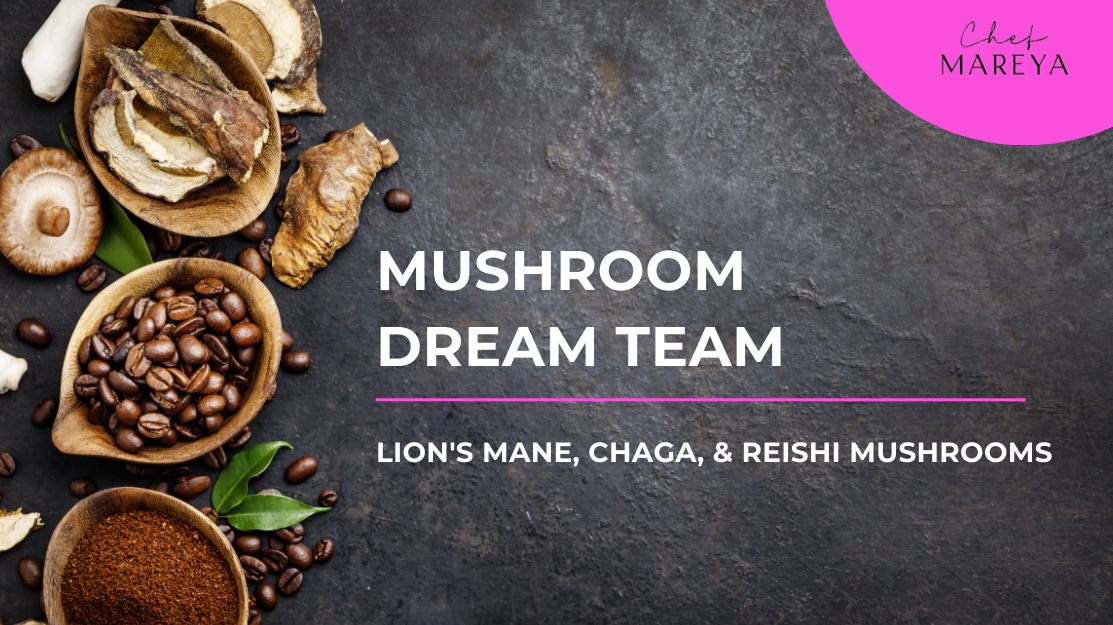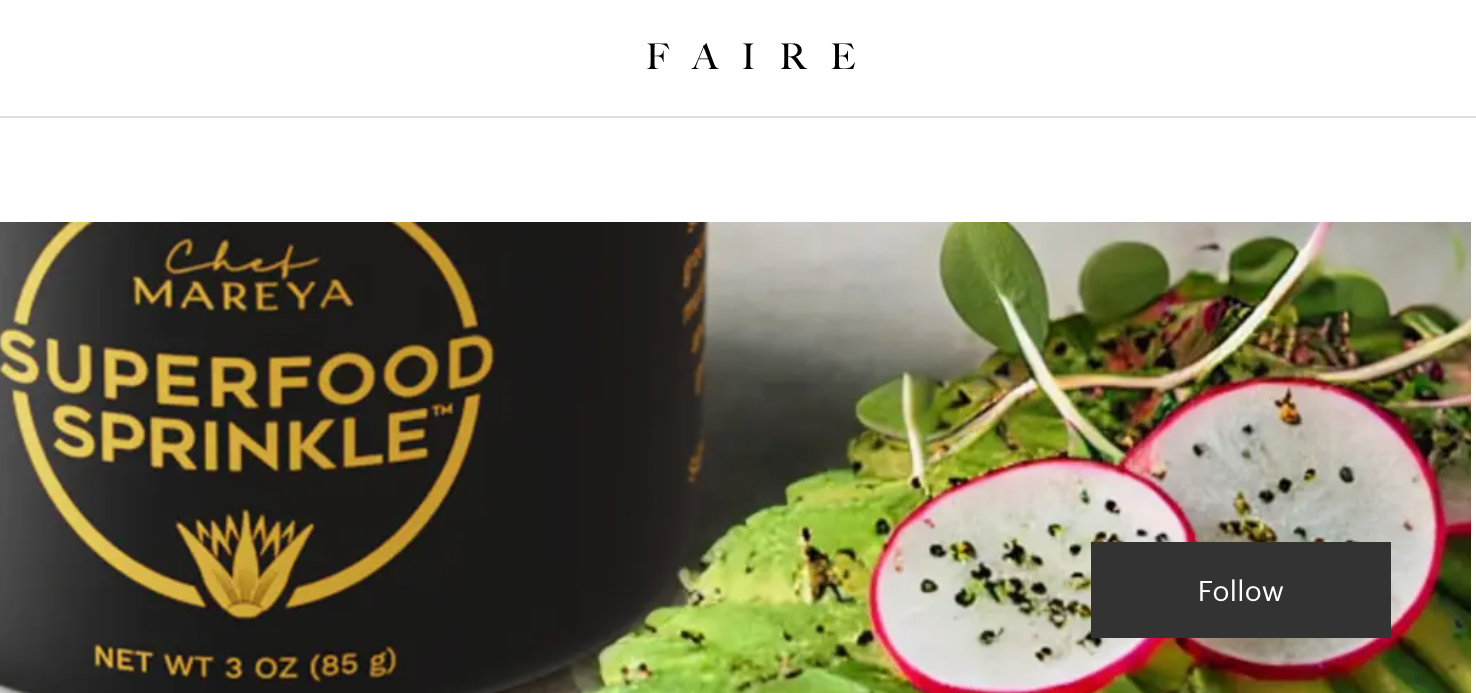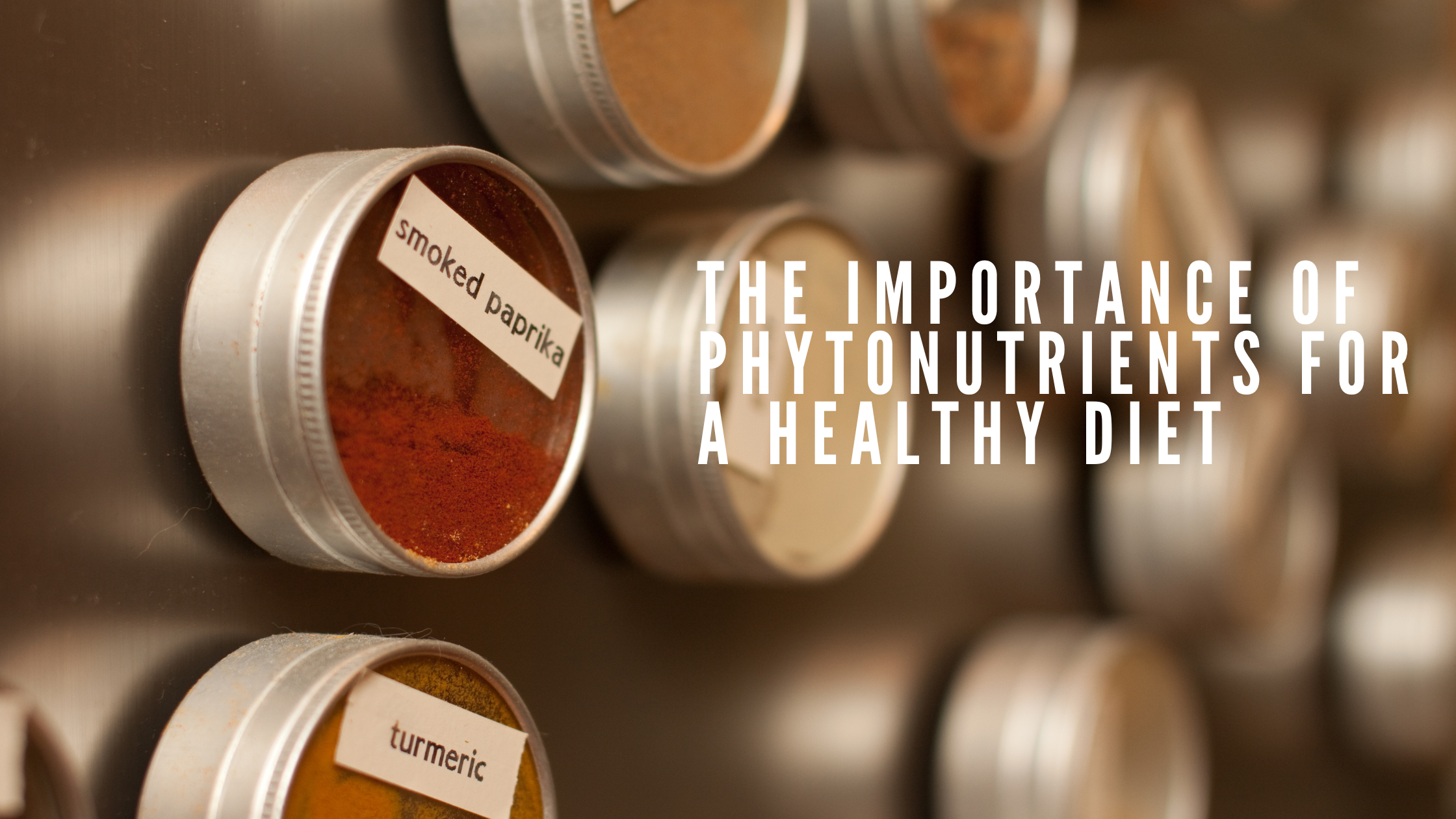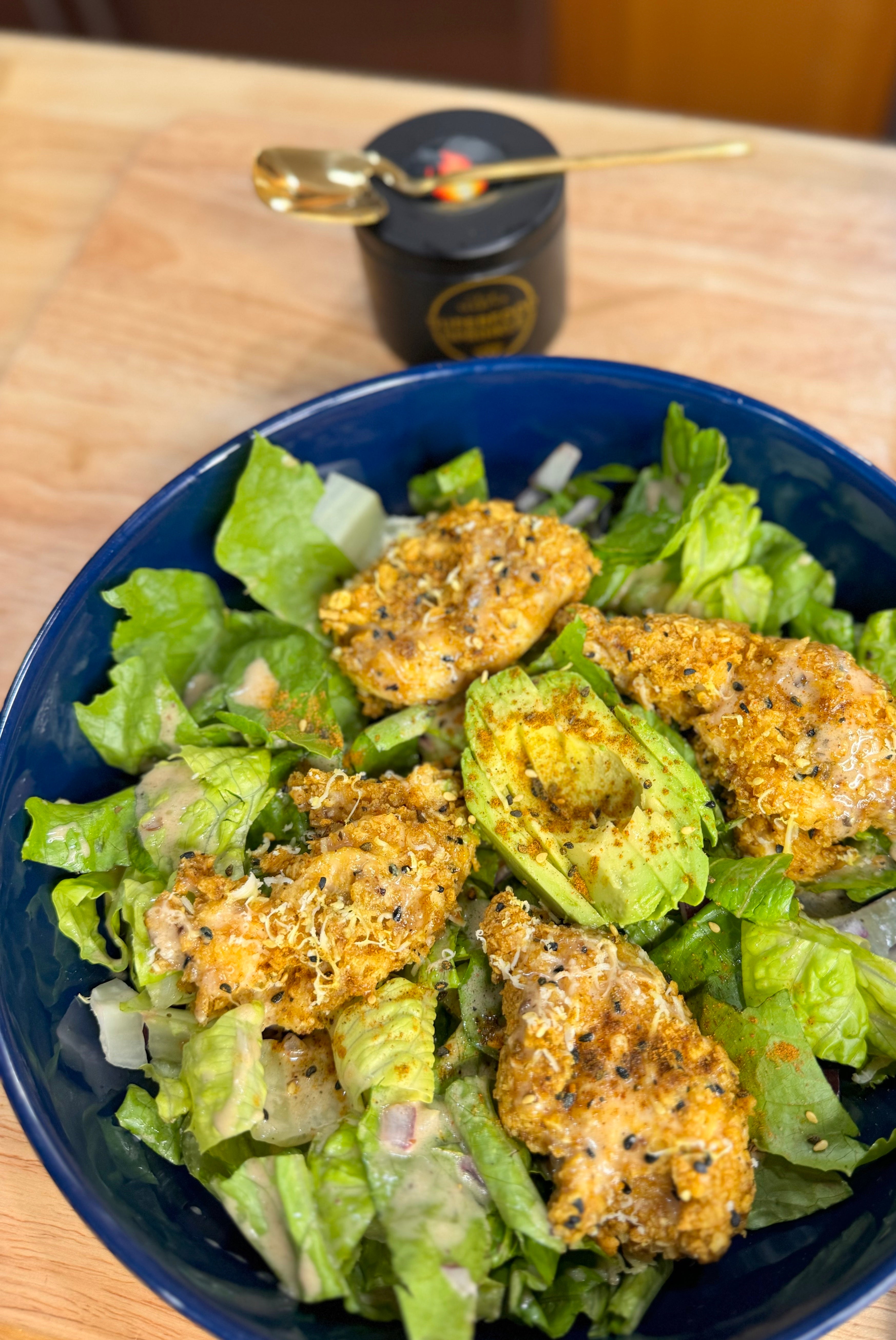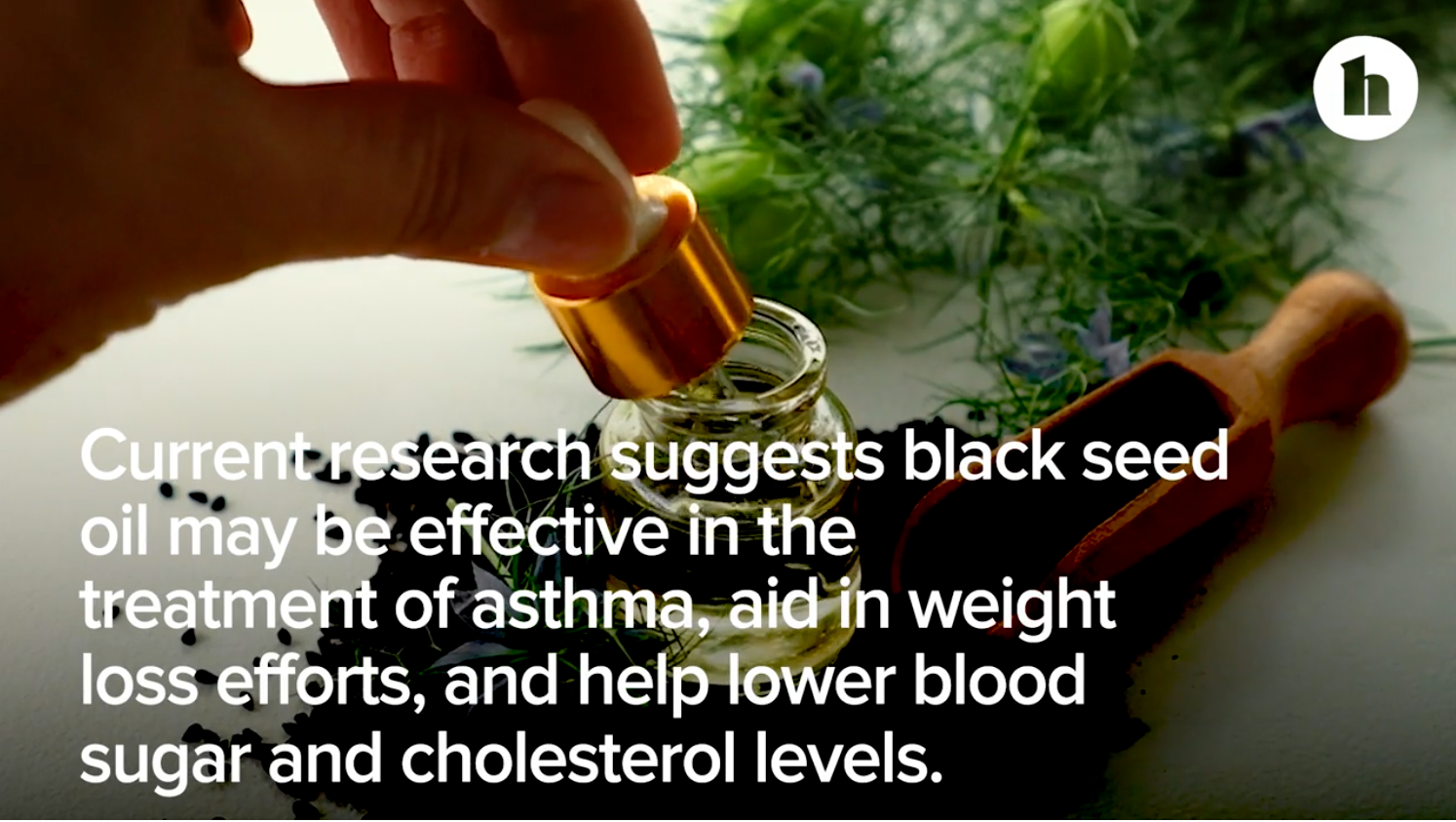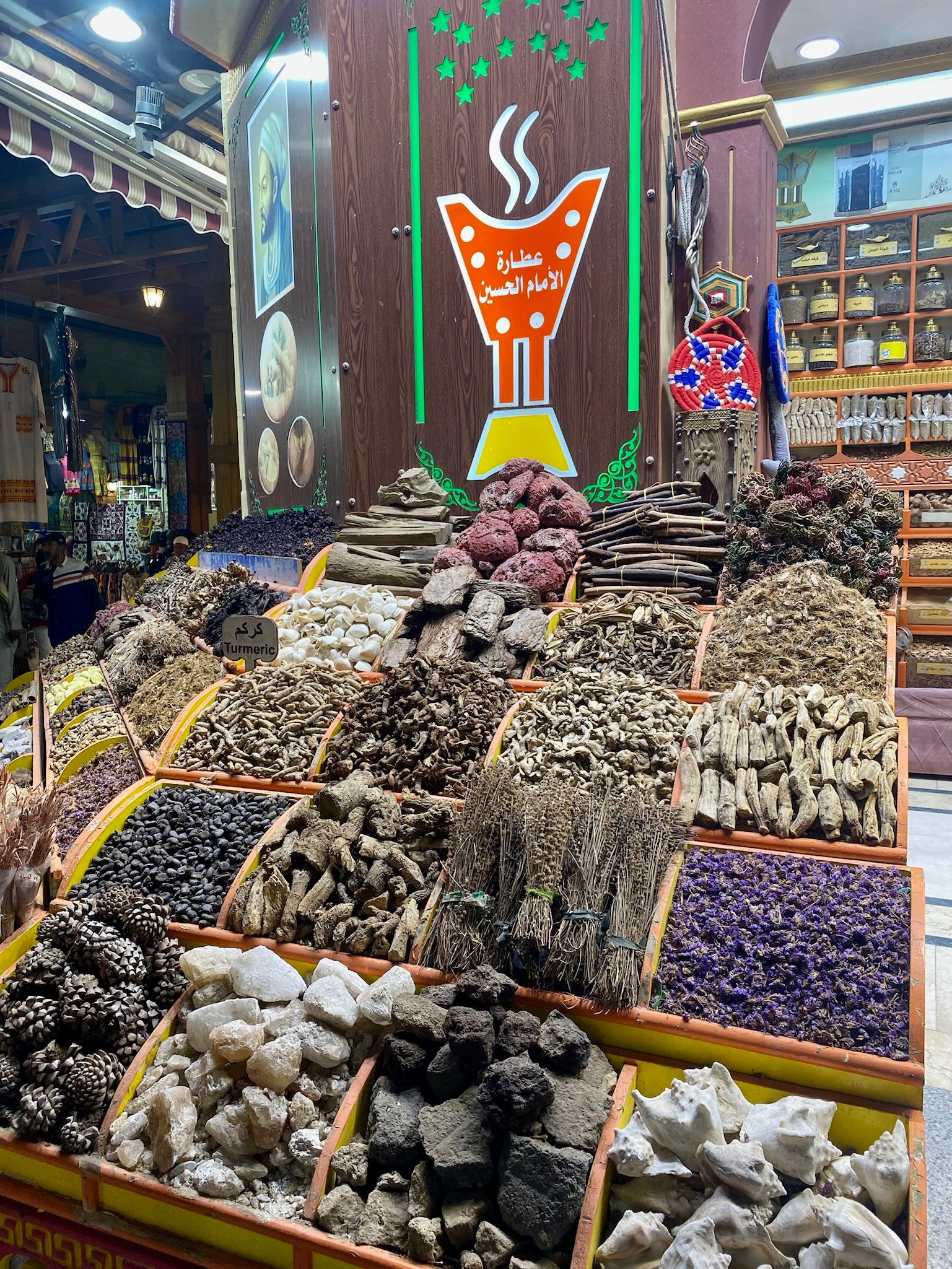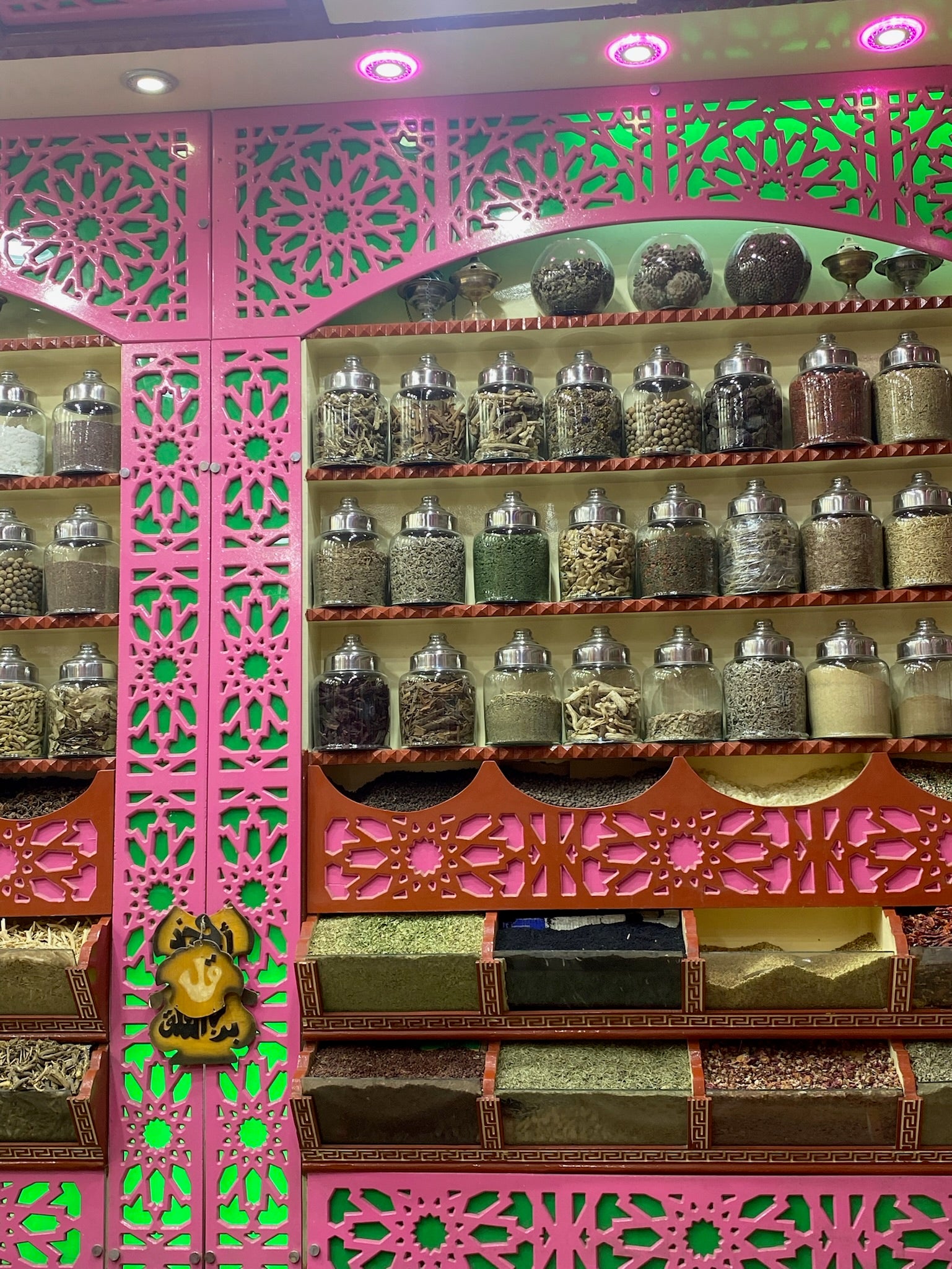
The Story Behind Superfood Sprinkle by Chef Mareya
Posted by Mareya Ibrahim on
It was New Year’s Eve 2023, and I watched my son and daughter, my brother and my stepson, my husband and our family friends, take in the sunset over the Sphinx and pyramids of Giza. I had to pinch myself, as I had dreamt of this moment for over 23 years – the last time I had been back to Egypt, where I was born. As the years, and then the decades past, it’s all I could do to hold onto the memories of a place that I hold so dear in my heart. It dominated my thoughts, replaying like movie clips on a loop.
In my film, I would walk into the apartment where my grandmother would greet me at the door with her powdered sugar-dusted cookies and a cup of fresh mint tea. I would cross the street where the tram ran through the neighborhood of Moharem Bek, a working-class part of Alexandria, and walk by the front door of the flat where I lived with my grandfather for over a year, imagining he had just prepared his pickled eggplant and toasted baguette rounds, inviting me to have a seat next to him in our tiny kitchen for a bite and conversation. I would stop by the Brazilian coffee company at the Mahatet El Raml tram station, the smell of the roasting beans filling my nostrils and a strong Turkish coffee with just enough sugar coating my tongue. And I would positively find myself at Mohammed Ahmed for ful mudammas, a proper bowl of stewed brown fava beans, lounging in their umami gravy, drizzled with tahini, a dollop of hummus and a side of steaming hot, crispy falafel, sprinkled with sesame seeds with warm, spongy pita bread and pickled turnips.
All of what I remembered of her, Egypt, was wrapped up in her scent and flavor, and every memory reminded me of just how special she is. Maybe that’s why I’m still marinating in all that is this ephemeral place and digesting all of the moments so I can recall them readily.

Maybe you’re not familiar with Egyptian food – other than kebab or falafel. Yet, Egyptian cuisine is a rich fabric culturally, tracing its roots along the fertile Nile Valley from the border of Sudan and the Nubian influence to the North and coastal Mediterranean cuisine in Alexandria. Colonized by the French, British and a large influx of Greek, Italian and Jews, the food is a mélange of European mixed with Arab mixed with ancient pharaonic herbs and traditions peppered in. My grandfather used to say food is the great equalizer, and that it doesn’t matter who you are – the table brings everyone together.
You can’t come to Egypt and not see how important food is, where there’s something to eat or drink 24-7, and you’ll find all walks of life and all ages gathered eating and drinking together.
With that, we went on to enjoy countless meals from north to south – one more delicious than the other. From the pigeon soup and stewed beef with green beans in Aswan to the Hawawshe meat pies and feta cheese Sambousek in Khan El Khalili or the buttery feteer pancakes with blackstrap molasses and tahini en route from Cairo north or the biggest prawns and just-caught red snapper with parsley and tomato tabbouli on the Mediterranean in Alexandria - we couldn’t get enough of what Egypt was dishing out.
When we visited the famous spice market of Aswan, I was reminded of just how important the spices are to Egyptian cuisine - allspice, cumin, dill, coriander, rose petals, spicy peppers, sesame seeds - just to name a few. These are commonly known around the world but the one that stood out for its flavor and function was one relatively unknown to most people. 'Habbat El Baraka' - the blessing seed - with it's rich, nutty flavor - is a wonder of a little miracle. Just look at some of its functional benefits:
- Anti-inflammatory: Reduces inflammation in the body.
- Antioxidant: Protects cells from oxidative stress.
- Immune Support: Boosts the immune system.
- Digestive Health: Improves digestion and helps in relieving stomach discomfort.
- Respiratory Health: Aids in the treatment of asthma and other respiratory issues.
- Weight Management: Helps control appetite and metabolism
I had grown up with this flavor my entire life but why wasn't it renown around the world? There are only a few place in the world where it's grown, and Egypt is the primary location. I just knew I had to give the blessing seed used throughout ancient history its time in the modern world.
Found in the tomb of King Tut for his journey to the afterlife, mentioned in the Holy Bible as a reference to God’s wisdom and touted as a cure-all by Hippocrates in ancient Greek times black cumin seed contains the powerful compound, Thymoquinone which has even been tested and found effective in shrinking cancer tumors.
So, I took the world’s most amazing superfoods and combined them into a power-packed blend to elevate your tastebuds and boost your health - featuring the little black blessing seed of my ancestors.
I hope you enjoy the full flavor and health benefits of this magical blend and sprinkle the love on everything! xChefMareya

